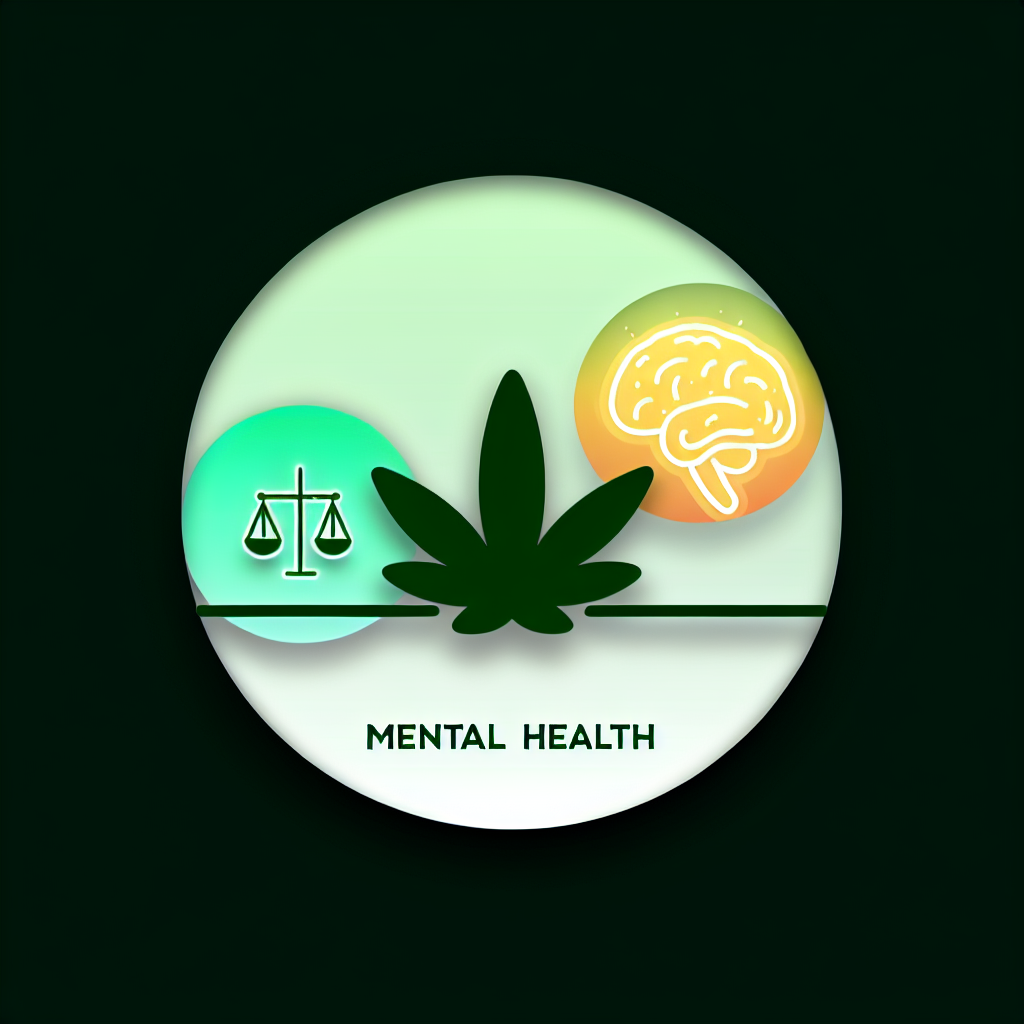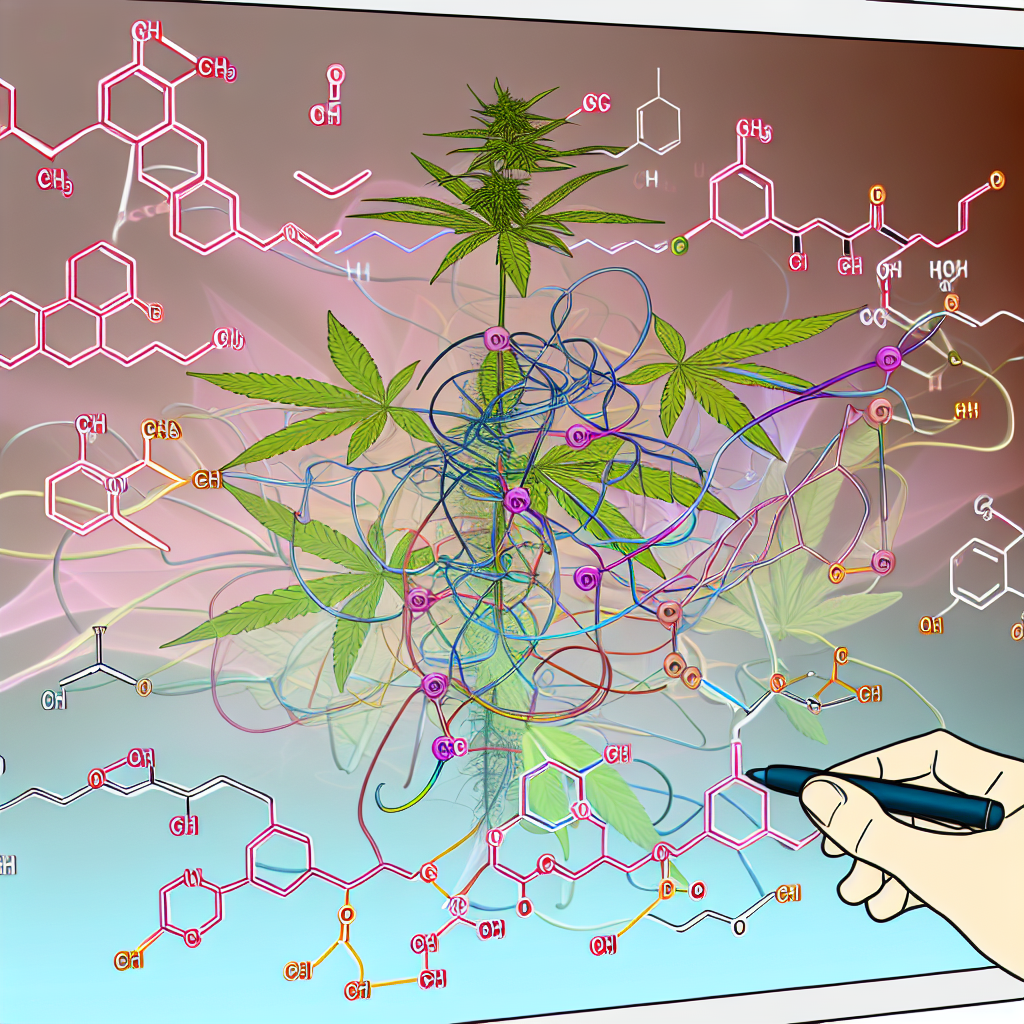Mental Health Maintenance with Cannabis: Beyond Crisis Management
As society continues to destigmatize mental health and normalize conversations around psychological well-being, the role of cannabis in supporting mental health has emerged as a compelling discussion. Traditionally, cannabis has been explored and, in some cases, prescribed as a crisis intervention tool—used when anxiety is peaking, depression becomes unmanageable, or trauma resurfaces.
However, a new paradigm is taking shape, one that goes beyond mere symptom management and positions cannabis as a proactive tool for mental health maintenance.
How Cannabis Supports Long-Term Emotional Resilience: What the Science Says
Scientific investigation into cannabis and mental health has significantly progressed in recent years. Initially focused on cannabis as a reactive treatment—such as for PTSD, anxiety, or depression—modern research is increasingly exploring its effects on emotional regulation, neuroprotection, and proactive stress management.
At the heart of this inquiry is the endocannabinoid system (ECS), a powerful biological network of receptors (CB1 and CB2) found throughout the brain and body. This system regulates functions like mood, appetite, sleep, pain perception, and social behavior. Cannabinoids such as THC and CBD interact with the ECS to influence how we process and respond to stress.
A 2021 review in the Journal of Cannabis Research, titled “Cannabis and Mental Health: Preclinical and Clinical Evidence,” concluded that low to moderate doses of cannabinoids—especially CBD—show potential in improving baseline mood and alleviating the constant strain of chronic stress. This is achieved without causing the intoxication typically associated with THC. The review suggests that thoughtful, low-dose cannabinoid use may help stabilize emotions and reduce stress over time.
Another critical study published in 2018 by Frontiers in Psychology reviewed data from over 3,000 cannabis-using individuals. Participants tracked their symptoms along with cannabis strain, dose, and delivery method via a mobile app. Results strongly indicated that cannabis flower provided rapid relief for negative emotions like anxiety and depression—even though the effect was often short-lived. The study emphasizes that consistency in strain and method of delivery can optimize benefits.
Perhaps even more promising is the role of CBD as a long-term supplement. A 2019 double-blind clinical trial published in The Permanente Journal evaluated the impact of CBD on anxiety and sleep. Results were notable: 67% of participants experienced reduced anxiety levels, and many saw marked improvements in sleep quality over a two-month period. The study points to CBD as a viable component of an ongoing emotional wellness regimen.
Daily Dosing for Peace of Mind: Integrating Cannabis into Your Wellness Routine
Modern cannabis use is gradually shedding its crisis-response stigma and adopting a more nuanced role: that of a supportive, daily wellness companion.
Unlike high doses or inconsistent usage patterns commonly associated with recreational consumption, mental health maintenance with cannabis requires a microdosing mindset. For many, that means using small amounts of CBD or THC to complement practices like meditation, yoga, journaling, therapy, or even creative work sessions. This approach allows people to tap into calm clarity without feeling inhibited or disoriented.
CBD, in particular, is gaining ground as a go-to option for those looking to maintain mental clarity, reduce everyday anxiety, and improve sleep cycles—without the “high.” For those integrating THC, the key lies in mindful, customized doses suited for individual needs and tolerance, as well as strain selection that aligns with specific emotional outcomes (e.g., uplifting sativas vs. grounding indicas).
It’s also essential to work with mental health and medical professionals, especially when using cannabis alongside other therapies or medications. Personalized wellness plans that include cannabis should be evidence-informed, carefully monitored, and adaptive to one’s evolving mental health needs.
Future Outlook: Cannabis as a Cornerstone of Preventative Mental Wellness
Mental health maintenance is no longer something we can ignore—it’s a proactive, daily investment. As cannabis becomes more widely accepted and studied, it’s carving out its role not just in moments of psychological overwhelm but also in safeguarding long-term emotional health.
The future of cannabis in mental health likely involves a more refined, personalized approach—one that leverages the growing body of scientific evidence and responsible guidance from professionals. Whether part of a larger wellness strategy or a standalone self-care practice, cannabis has the potential to foster improved emotional resilience, reduce daily stress, and contribute to a more balanced mental state.
As research continues and policy progresses, consumers are encouraged to stay informed, start slow, and focus on intention. With the right information and a wellness-first mindset, cannabis can be more than a therapeutic crutch—it can be a catalyst for sustained mental clarity and emotional strength.
References
– Cannabis and Mental Health: Preclinical and Clinical Evidence – Journal of Cannabis Research (2021)
– Effects of Cannabis on Anxiety, Depression, and Stress – Frontiers in Psychology (2018)
– CBD for Anxiety and Sleep: A Case Series – The Permanente Journal (2019)
– The Endocannabinoid System and the Brain – National Institutes of Health (2016)
Concise Summary:
The article explores the emerging science behind using cannabis, particularly low-dose CBD and THC, as a tool for long-term mental health maintenance. It highlights key studies showing cannabis’s potential to improve emotional regulation, reduce chronic stress, and foster greater psychological resilience. The article also provides guidance on integrating cannabis into daily wellness routines and the importance of working with professionals to develop personalized, evidence-based mental health plans.




